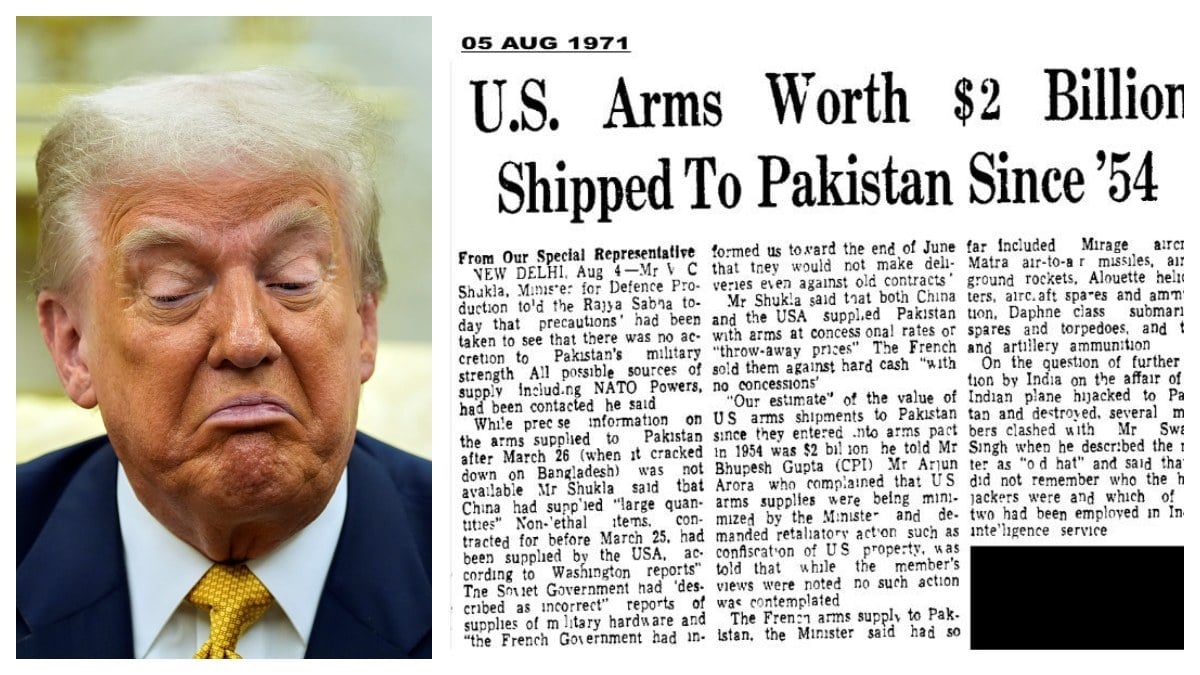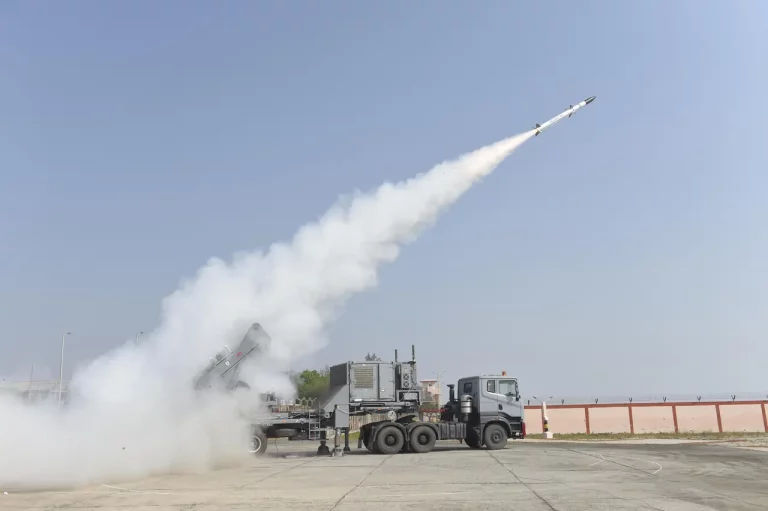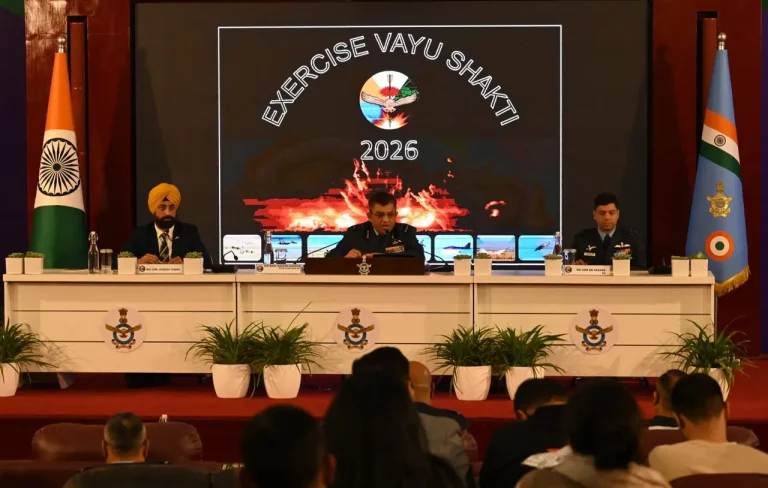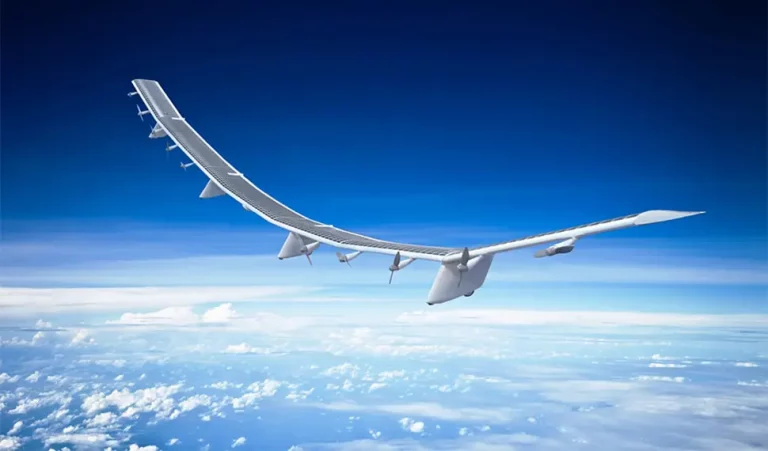The Indian Army has stirred a significant conversation by sharing a historical newspaper excerpt from August 5, 1971, which underscores the United States’ long-standing military support for Pakistan. This archival piece was shared by the Eastern Command on social media shortly after US President Donald Trump threatened to impose substantial tariffs on Indian goods due to India’s ongoing purchases of Russian oil.
The extracted article highlights a statement made by then Defence Production Minister VC Shukla in the Rajya Sabha regarding the international arms supplies to Pakistan just before the Indo-Pak War. The report indicated that while the Soviet Union and France denied providing military support to Pakistan, the US continued to supply weapons, along with China, both allegedly doing so at dramatically reduced prices.
This post not only revisits a tense historical moment but also draws parallels to current geopolitical dynamics. Recently, the US took a notable action by reducing tariffs on Pakistan from 29% to 19%, contrasting sharply with President Trump’s warning to India of potentially significant increases in tariffs. In a post on Truth Social, he accused India of benefiting from the resale of Russian oil amid the ongoing conflict in Ukraine, suggesting that tariffs might exceed the current rate of 25%.
In response, India’s foreign ministry highlighted the irony in Washington’s stance, noting that the US had initially supported Russian oil imports as the Ukraine crisis unfolded. India emphasized that while it faces scrutiny from the West, several European nations continue their robust trade relations with Russia, including record liquefied natural gas (LNG) imports projected for 2024. Official statistics exposed the extent of these relationships, showing EU–Russia trade reaching €67.5 billion in goods and €17.2 billion in services in 2023, a figure that dwarfs India’s trade volume with Moscow.
The dialogue reignited by this archival reference raises questions about the historical and current alliances in South Asia and challenges the narrative of fairness in international trade practices, particularly in the context of the ongoing war in Ukraine and its global implications.





